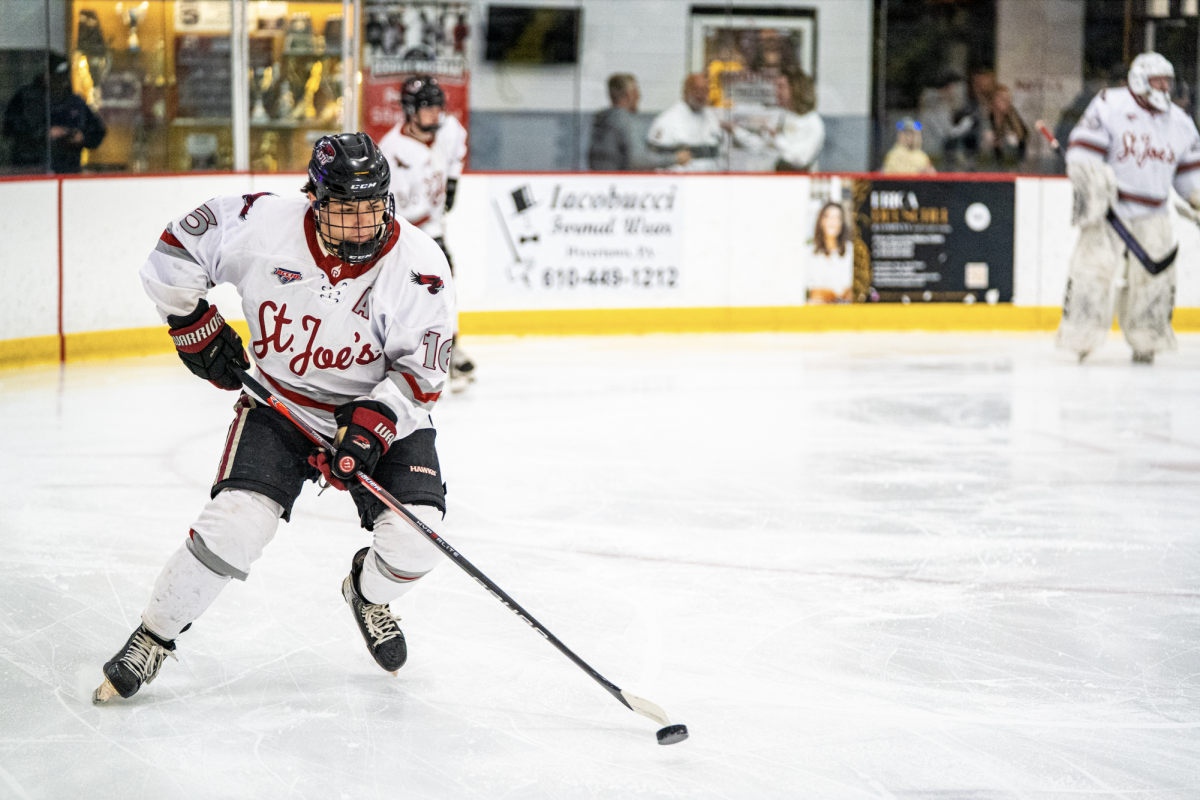In the wake of California passing a bill to allow student athletes to make money off of their likeness through things like endorsements, other states have rushed to the drawing board to draft their own bills. Some, like New York, would even require athletic departments to distribute 15 percent of their revenue among their athletes.
California was the first chink in the NCAA’s armor. No longer will they be able to hold an iron grasp on the earnings of college athletes. Unfortunately, they will now have to allow for a portion of their athletes to be able to make real money from playing sports.
Oh, the horror. Can we even imagine a world where the purity of collegiate athletics is tarnished with, ew, money?
In the real world, all of this change has been long overdue. Ever since the decision to qualify college athletes as, ‘amateurs’ in 1953, student-athletes have been getting the short end of the stick as far as compensation was concerned. It is interesting to note that the reason the NCAA called them, ‘amateurs’ was to avoid paying workers comp to the widow of a Fort Lewis A&M football player who died on the field.
One of the points used against the idea of paying college athletes is it ruins the idea of playing for the love of the game. Former college football star and current ESPN pundit Tim Tebow pointed this out a couple weeks ago on Twitter, saying he wouldn’t have taken any money in college because he only needed the reward of playing and representing the University of Florida.
First off, it is not mutually exclusive. People can get paid to do something and still love what they do. That isn’t some weird anomaly. Secondly, if this was the case, why would anyone need to get paid for anything? We should all be going to work and paying our bills with the love we have for our employers and the pride we feel doing labor for them. Yay! Go corporations!
Lastly, college sports aren’t pure. There is plenty of dirty money getting into the pockets of almost every big time recruit in the country. If anything, the NCAA’s strict policing of this issue has created this underground black market of shadow agents and bag men. A prohibition on wages has caused this bootlegging industry to become integral in the success of big time college programs, like University of Southern California football or University of Kansas basketball.
This goes on to the next point opposing college athletes getting paid, that it would give larger schools with deeper pockets a recruiting advantage. Well, duh. But how is that any different from the world we live in now, where Duke University can recruit the top three players in their class and University of Alabama has a consistent stream of NFL ready talent coming in?
Finally, the argument for paying players is simple. It’s fair. Let’s look at an example that is close to home. Former St. Joe’s star Charlie Brown signed a contract with the Atlanta Hawks over the summer. During his time at St. Joe’s, he was undoubtedly one of the main draws for our basketball team. People nationally recognize St. Joe’s because of seeing our team on T.V.
Imagine if Charlie Brown, instead of being one of the best players in the Atlantic 10 last year, tore his knee three games into the season. He wouldn’t have gotten that pro contract last summer. Depending on his recovery, he may have never gotten a contract to play basketball anywhere ever. So while St. Joe’s counts the ticket sales made over Brown’s career, he lost out on potentially hundreds of thousands of dollars, just because he played in Hagan Arena.
And that is just a guy who signed a contract. Big time college stars stand to lose millions of dollars every time they step on the court while also providing their colleges and the NCAA a huge portion of their yearly revenue.
How is that fair?
Read the opposing opinion here.















































